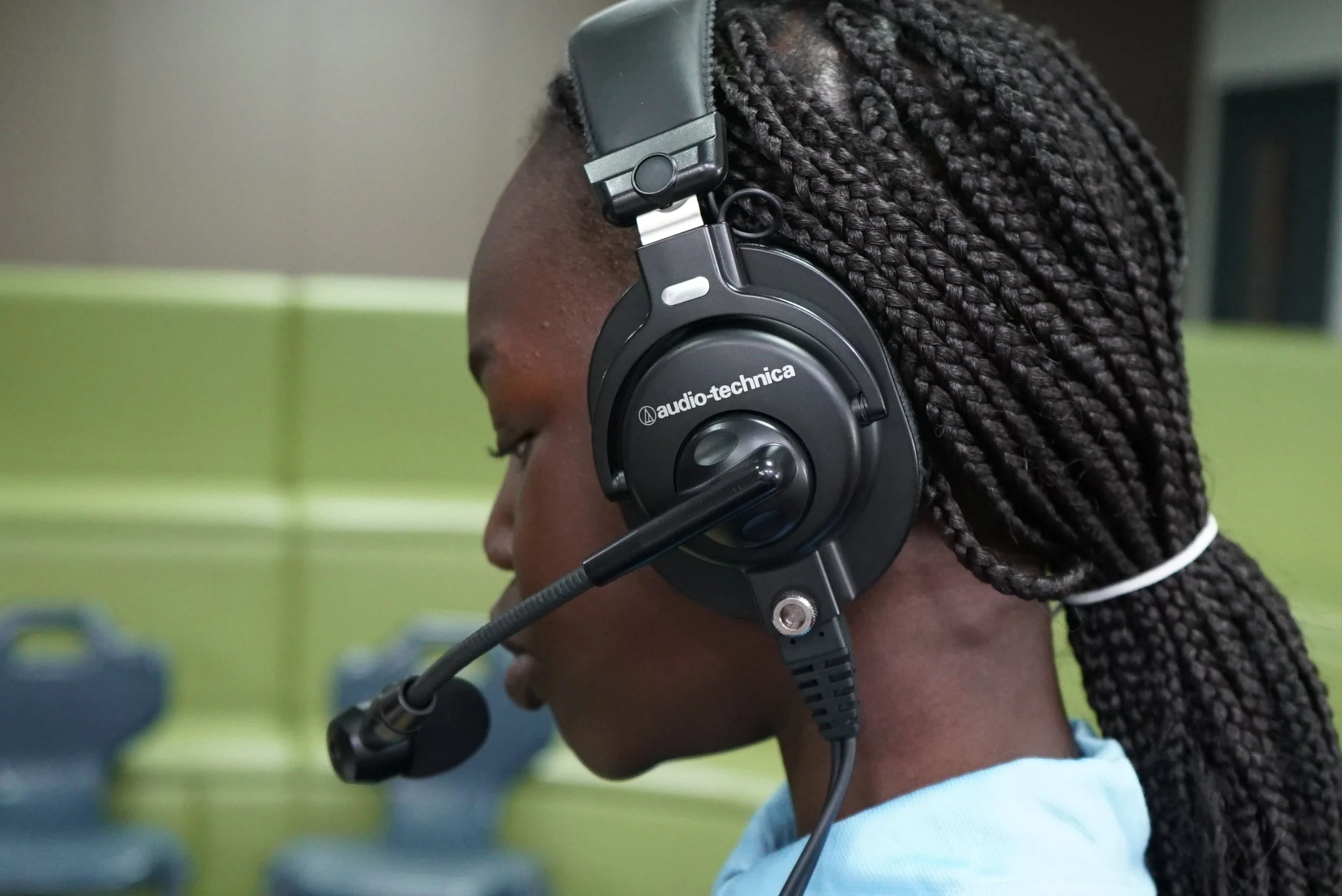Podcasting for Inclusion: Amplifying Every Student's Voice
In today's educational landscape, fostering an inclusive environment is more crucial than ever. Inclusion not only involves making every student feel valued and accepted but also ensuring they have equal opportunities to express themselves and participate in the learning community. One innovative way to promote inclusion within schools is through student-produced podcasts. This unique approach allows students to explore, create, present, and share their voices on topics that matter to them and their community, bridging gaps and bringing diverse perspectives into the spotlight. Let's delve into how the various stages of podcasting can serve as a powerful vehicle for promoting inclusion in schools.
The Production Phase: A Foundation for Diverse Voices
The initial stage of podcasting—topic selection and research—lays the groundwork for inclusion. By encouraging students to choose subjects that reflect their interests, experiences, or cultural backgrounds, educators can ensure that a wide array of perspectives is represented. This phase is an opportunity for students to explore issues related to diversity, equity, and inclusion, promoting awareness and understanding among their peers. Allowing students to pursue topics they are passionate about not only validates their experiences but also enriches the school's learning environment with a diversity of thoughts and ideas.
Producing: Collaborative Learning and Skill Development
The production process of a podcast—recording, editing, and sound mixing—requires students to collaborate, share responsibilities, and learn from one another. This collaborative framework is ideal for fostering an inclusive environment, as it emphasizes teamwork, mutual respect, and appreciation of each individual's contributions. Students with different skills and backgrounds come together to create something meaningful, learning to value diversity as a strength rather than a barrier. Moreover, the technical skills gained during this phase are accessible to all students, leveling the playing field and providing every student with the tools to express themselves digitally.
Presenting: Giving Voice to the Voiceless
Presenting a podcast provides a platform for students to share their insights, stories, and research with a broader audience. This visibility can be particularly empowering for students who feel marginalized or underrepresented, giving them a space to be heard and acknowledged. By featuring a range of voices and perspectives, student podcasts can challenge stereotypes, foster empathy, and promote a more inclusive school culture. Presentations, whether live or recorded, encourage dialogue and reflection, making them an effective tool for engaging the entire school community in conversations about inclusion.
Promoting: Building Bridges Beyond the Classroom
Promoting their podcasts allows students to reach beyond their immediate classroom or school, engaging with the local community and even global audiences. This external engagement not only raises awareness about the topics discussed but also showcases the school's commitment to inclusion. By actively seeking diverse audiences and encouraging feedback, students can create a feedback loop that enriches their understanding and appreciation of diversity. Furthermore, the act of promoting their work teaches students valuable lessons in communication, advocacy, and the power of media to effect change.
The Power of Podcasting for Inclusion
Incorporating podcasting into the curriculum offers a dynamic and inclusive approach to education. It empowers students to become content creators, advocates, and leaders, regardless of their background or abilities. Through the process of producing, presenting, and promoting their podcasts, students can explore issues of diversity and inclusion, share their unique perspectives, and engage in meaningful conversations with their peers and the broader community. This not only enhances their learning experience but also fosters a school culture that values and celebrates every student's voice.
Conclusion
As educators, our mission extends beyond academic instruction; we are also tasked with nurturing an inclusive, empathetic, and engaged community of learners. By embracing podcasting as a pedagogical tool, we can provide a platform for all students to express themselves, contribute to their community, and learn from the diverse experiences of their peers. Let's harness the power of podcasting to promote inclusion in our schools, one episode at a time, ensuring every student feels valued, heard, and included.
Ralph Barba
LIVE FM Executive Producer & former teacher
For more information email:
